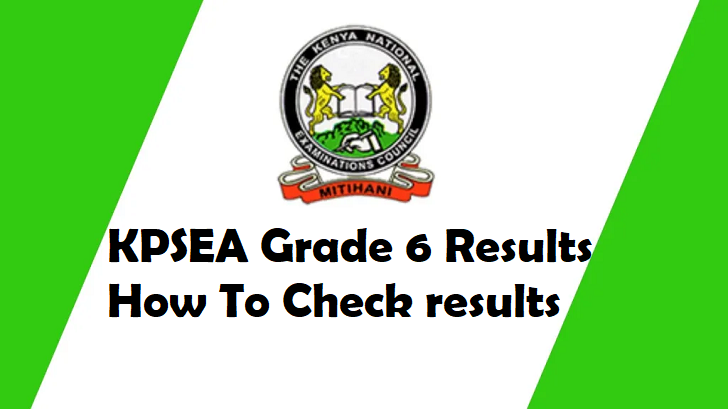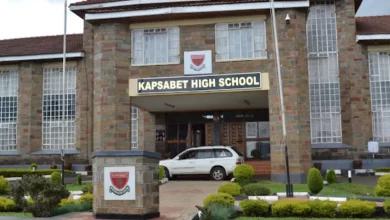How to Check the 2024 KPSEA Results As Released By KNEC

The Kenya National Examination Council has released the 2024 Kenya Primary School Education Assessment (KPSEA) reports.
Knec has urged schools to log into the CBA portal to access the 2024 KPSEA Results.
“The 2024 Kenya Primary School Education Assessment (KPSEA) reports are ready and have been uploaded on the CBA portal, http://cba.knec.ac.ke,” Knec said in a statement on X.
“Schools that presented candidates for the assessment are advised to log into the portal and access the learner-specific reports. Congratulations to all the 2024 KPSEA candidates.”
How to Access Results
Log into the CBA portal
Enter the student’s username and correct password to access the results.
In case you have forgotten the password, click the ‘Forgotten Password’ icon and reset it
To view a specific learner’s details, a parent or student must select the student’s grade and provide a valid Assessment Number.
Once logged in, you can click on the button to search for results and thereafter, select the option to download.
While making the announcement, the examination council advised parents or students facing difficulties in accessing their results to contact their respective schools.
KPSEA exams
KPSEA was administered between October 28 and November 1, with a total of 1,303,913 Grade 6 students across Kenya sitting for the exam.
The exams covered a range of subjects, including Mathematics, English, Integrated Science, Kiswahili, Creative Arts, and Social Studies
All the 1,303,913 candidates who sat the KPSEA across 35,573 centres countrywide will transition to Grade 9, which is still domiciled within their respective primary schools.
The KPSEA is a transitional assessment that evaluates students’ understanding and application of skills.
It is part of the Competency-Based Curriculum (CBC), which is replacing the 8-4-4 system.
Learners will not be ranked, but the KPSEA will account for a 20 per cent score, which will be combined with a 20 per cent school-based assessment in Grades 7 and a 60 per cent summative evaluation to be administered at the end of Grade 9.
Grade 9 will mark the final phase of Junior School, after which learners will transition to Senior School in 2026, where they will have an opportunity to choose career pathways.
There are nine learning areas in Grade 9: English, Kiswahili, Mathematics, CRE/IRE/HRE and Agriculture.
Others are Social studies (History, Geography, Life Skills); Pre-technical studies (Business studies, Computer studies); Creative Arts & Sports (Art/Craft/PE, Visual arts) and Integrated Science (Physics, Chemistry, Biology).
Come 2026, learners will transition to Senior school for a three-year study period that will cover Grades 10, 11, and 12.
At this stage, there will be three core learning areas that will determine learners’ career paths.
These are Arts and Sports Science, Social Sciences, and Science, Technology, Engineering and Mathematics (STEM).
The first core learning area has two tracks – Arts and Sports Science.
Under Arts, learners will study Music and Dance, Theatre and Film and Fine Arts.
Under Sports Science, there is Sports and Recreation and Physical Education.




